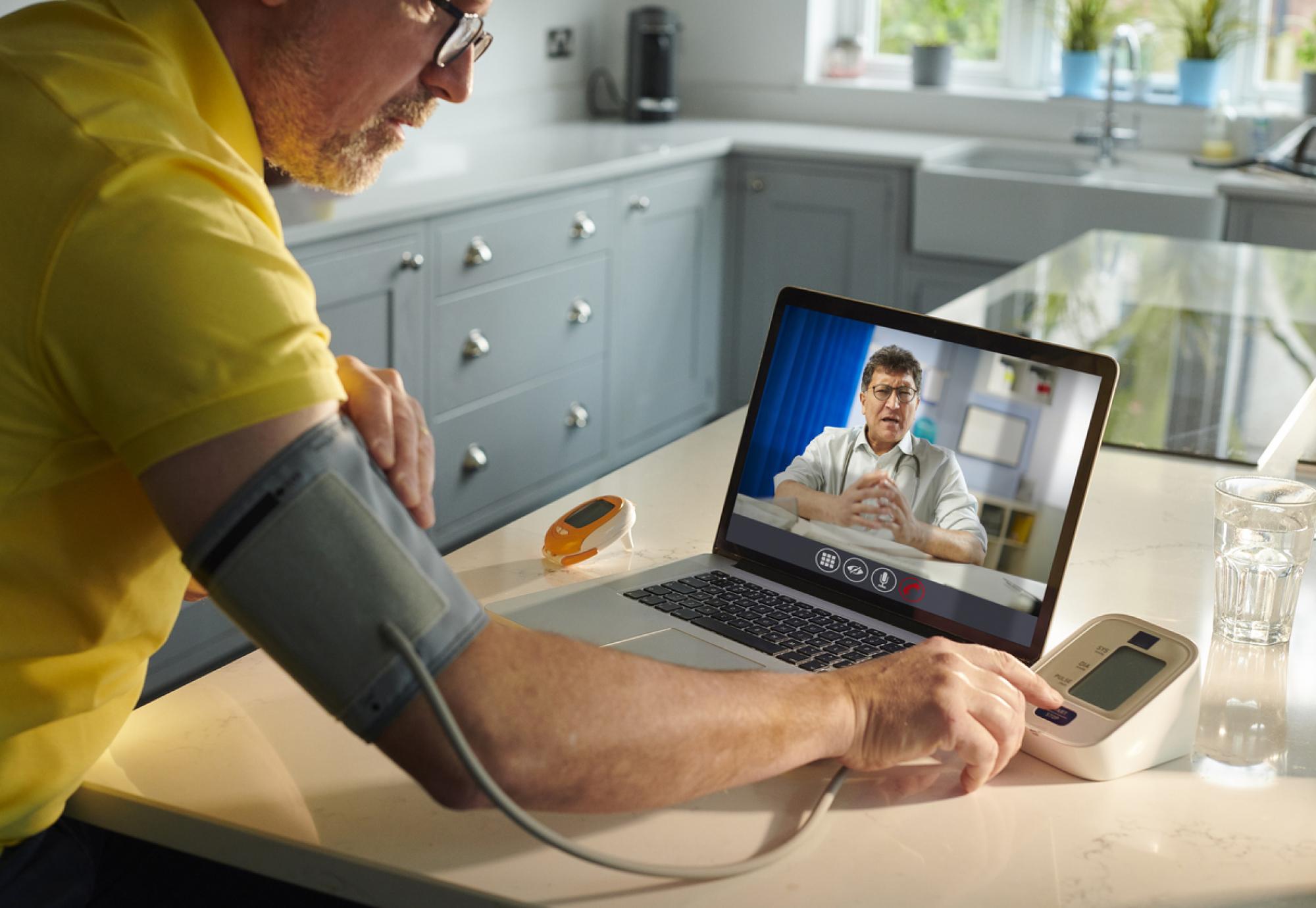To explore the ways in which cutting-edge digital technologies can improve the delivery of health and care services, NHS organisations are being encouraged to take part in new wireless trials.
Via the Connectivity Hub, applications are open for organisations to propose ways to improve connectivity in health and care, be that through new advances or by increasing the efficiency of the existing digital infrastructure. One example of trials in wireless technology being successful is the University College London Hospitals’ Find and Treat Service, which provides remote screen, testing and treatment for those in London who are vulnerable, homeless, and high-risk to provide real-time remote diagnosis and referrals through a mobile health unit.
NHS Organisations will, through this programme, be given the capability that they require in order to deliver on the digital ambitions that the NHS Long Term Plan has established. This will be done through funding, advice, and guidance from NHS England, as well as the opportunity to collaborate with those who are in similar positions, on Wi-Fi improvements and innovation.
Triallists that are successful will be captured by NHS England and have their best practice shared across the NHS to allow for scaled learning across the sector.
Stephen Koch, Executive Director of Platforms, NHS England, said:
“Wireless technology has an increasingly important role to play in delivering effective and efficient digital health services to provide the best care for patients.
“The wireless trials are designed to help the NHS understand how existing and emerging Wi-Fi solutions can support the delivery of better health and social care across the wider NHS.
“We look forward to working with successful trialists to explore opportunities for wireless technologies and high-speed connectivity that take another step forward in digital transformation and in improving patient care.”
There are a number of requirements for applicants to meet, starting with providing an overview of the project that they are looking to implement, as well as the objectives. Following this, they must include the anticipated outcome of the trial and how this will impact the delivery of health or social care, alongside the healthcare need or technical challenge that they are looking to overcome.
Image credit: iStock



















